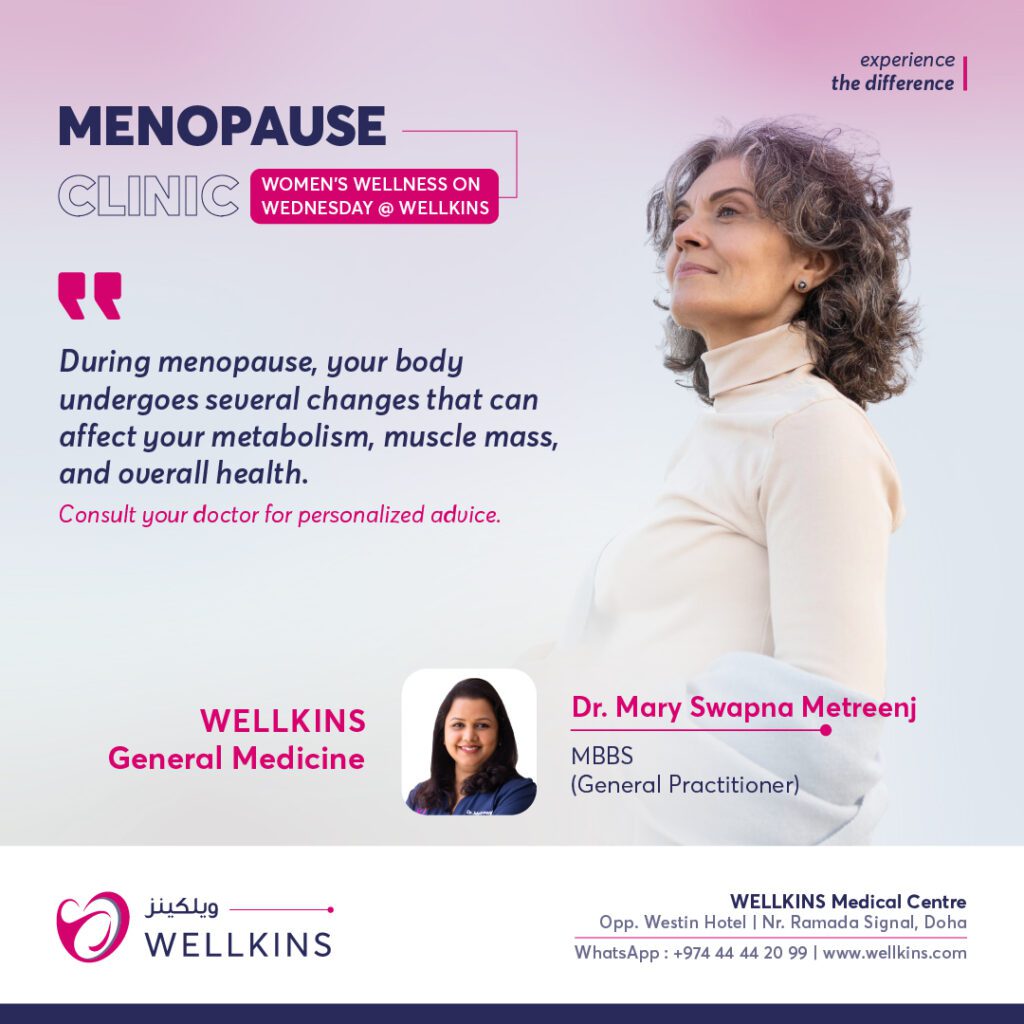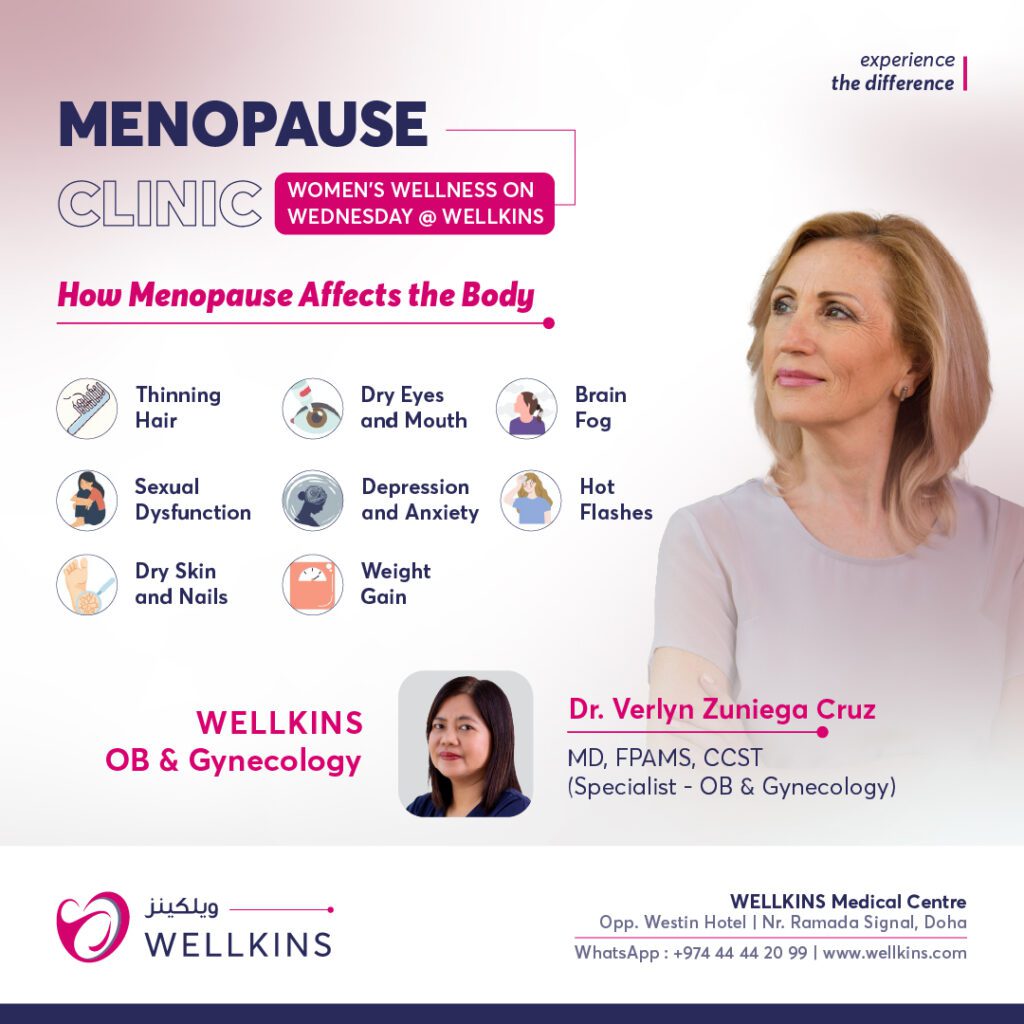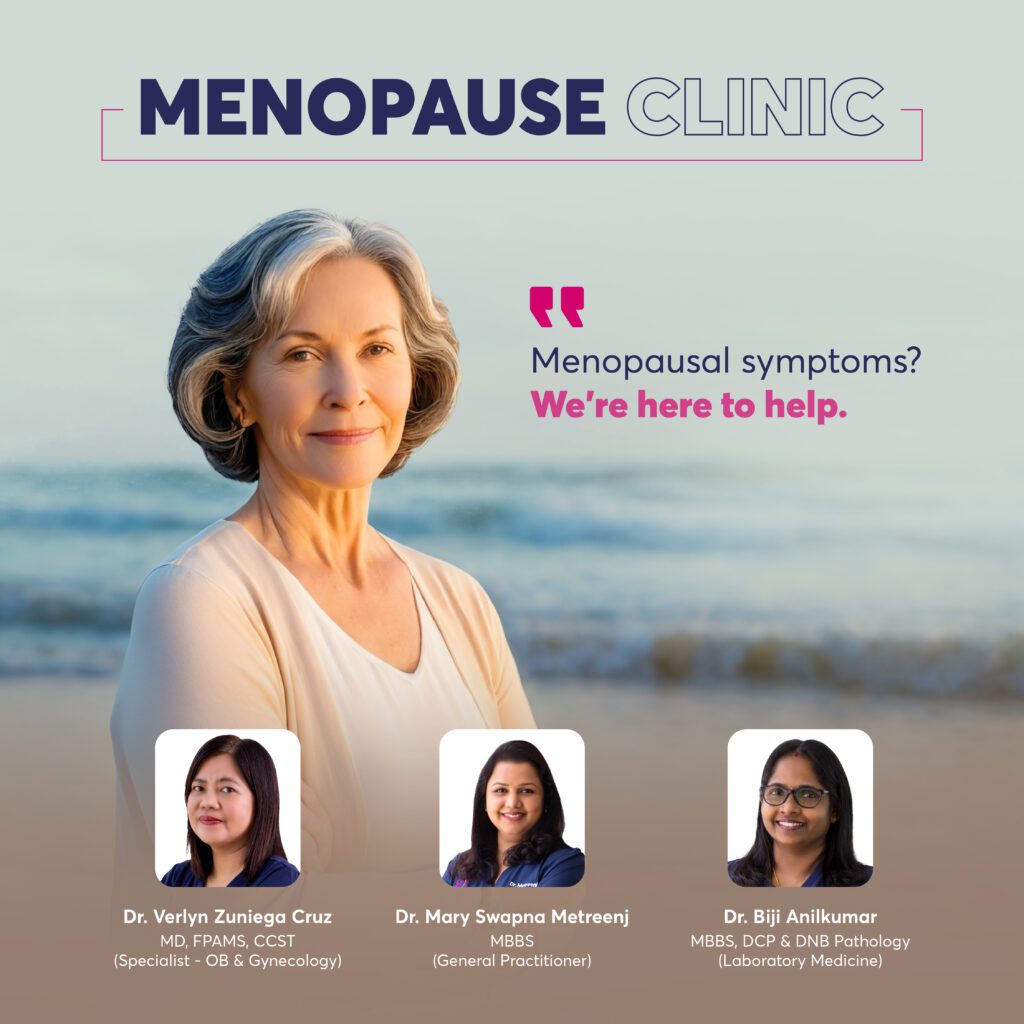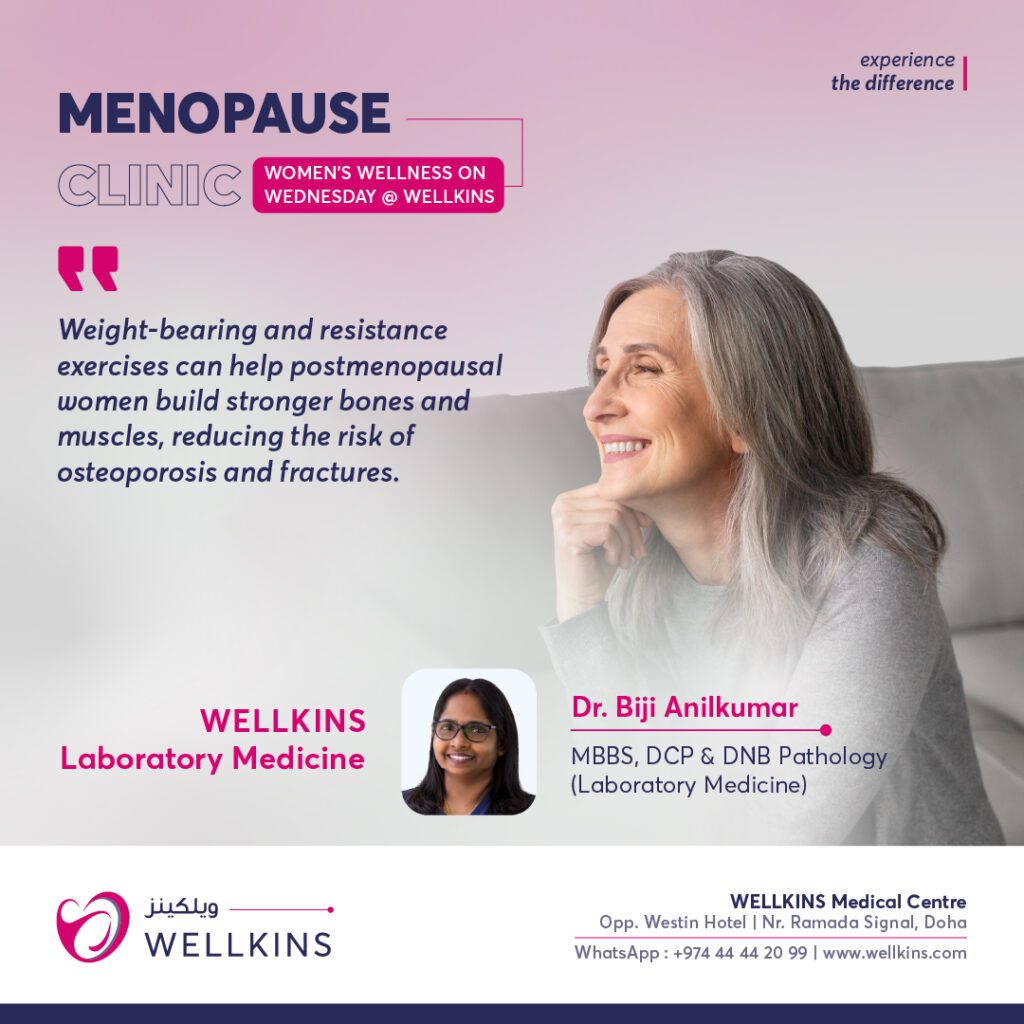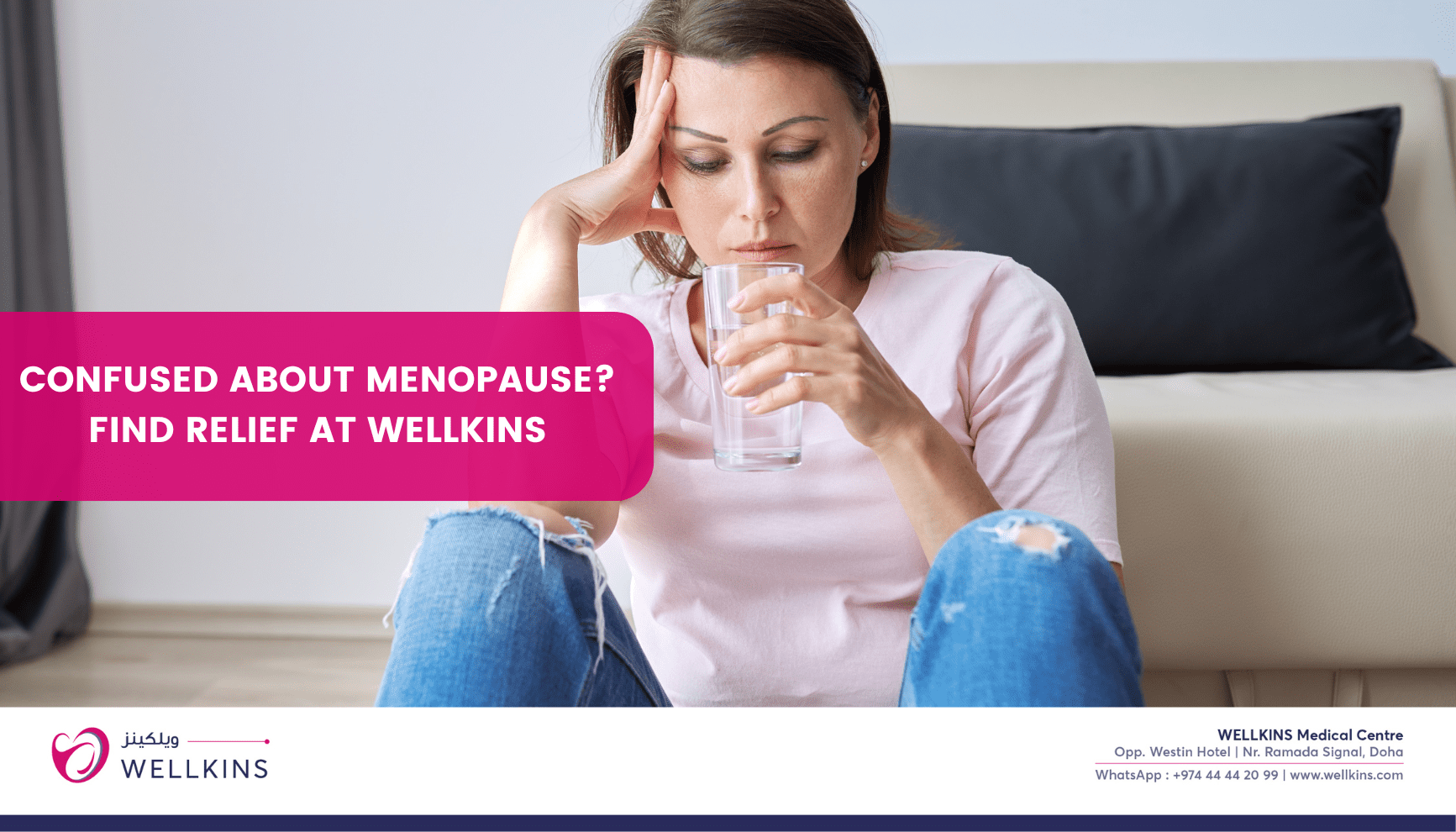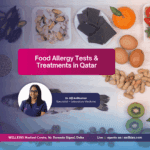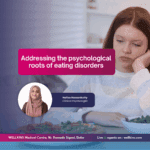Author: Dr.Verlyn Zuniega Cruz (Specialist Obstetrician and Gynaecologist – WELLKINS Medical Centre)
Menopause is a natural stage of life for women, marking the end of their reproductive years. It occurs when the ovaries stop producing eggs and estrogen levels decline. While it can be a time of transition and adjustment, understanding menopause can help women navigate this phase with greater ease. 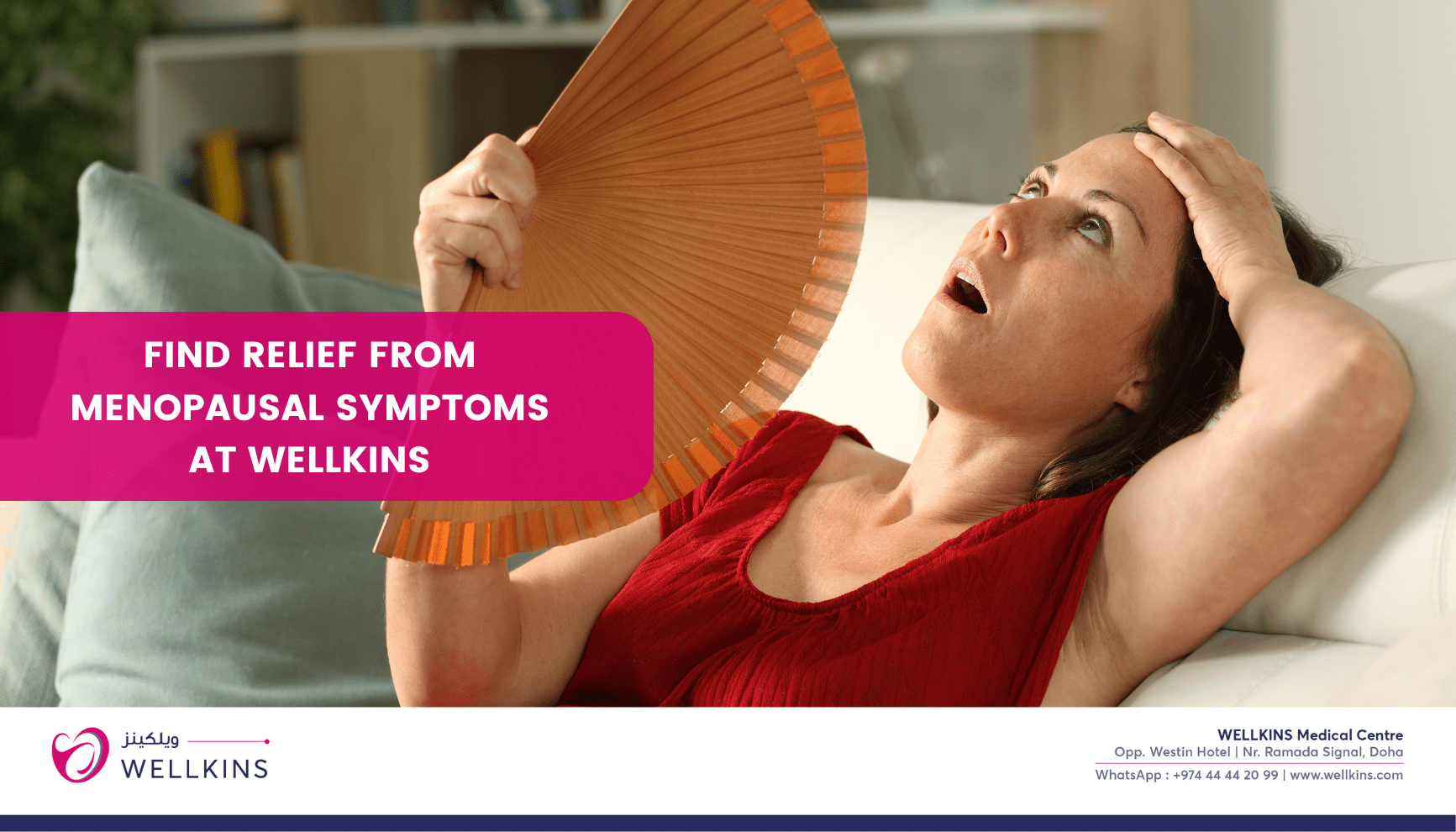
Mood changes are common during menopause and can range from being mild to severe. In some instances, a woman can experience severe anxiety which feels like panic. Depression, irritability, lack of interest and sentiments of “I just don’t feel like myself” are often expressed by women with menopause.
What is Menopause?
Menopause is typically defined as the absence of menstrual bleeding for 12 consecutive months. The average age of menopause is around 51, but it can occur earlier or later in some women.
Symptoms of Menopause
Beyond early pregnancy monitoring, comprehensive prenatal care encompasses:
Menopause can bring about a range of physical and emotional symptoms. Some common symptoms include:
- Hot flashes: Sudden feelings of warmth, often followed by sweating.
- Night sweats: Waking up drenched in sweat during the night.
- Vaginal dryness: Decreased vaginal lubrication, leading to discomfort during intercourse.
- Sleep disturbances: Difficulty falling asleep, staying asleep, or waking up frequently.
- Mood changes: Irritability, anxiety, or depression.
- Weight gain: Hormonal changes can affect metabolism and lead to weight gain.
- Joint pain: Hormonal fluctuations can contribute to joint stiffness and discomfort.
- Thinning hair: Reduced estrogen levels can cause hair loss or thinning.
Causes of Menopause
Menopause is a natural biological process caused by the gradual decline in ovarian function. This decline is due to a decrease in the number of follicles (structures that contain eggs) in the ovaries. As the number of follicles decreases, the production of estrogen and progesterone also declines.
Perimenopause: The Transition Period
Perimenopause is the period leading up to menopause. During perimenopause, women may experience irregular menstrual cycles and fluctuating hormone levels. Symptoms of perimenopause can be similar to those of menopause, but they may be less severe and more unpredictable.
Diagnosis of Menopause
Typically, menopause is diagnosed retrospectively after 12 months of no menstrual bleeding. However, if a woman is experiencing significant symptoms, her doctor may order blood tests to measure hormone levels and confirm menopause.
Lifestyle Changes for Menopause
Certain lifestyle changes can help alleviate menopausal symptoms and improve overall well-being:
- Healthy diet: Eating a balanced diet rich in fruits, vegetables, whole grains, and lean protein can support overall health and help manage menopausal symptoms.
- Regular exercise: Physical activity can help reduce stress, improve sleep, and manage weight.
- Stress management: Techniques such as meditation, yoga, or deep breathing can help reduce stress and anxiety.
- Adequate sleep: Aim for 7-9 hours of sleep per night to support overall health and well-being.
- Avoid irritants: Limit or avoid triggers for hot flashes, such as spicy foods, caffeine, and alcohol.
When to See a Doctor
If you are experiencing significant menopausal symptoms that are interfering with your daily life, it’s important to consult with your doctor. They can provide a proper diagnosis and recommend appropriate treatment options.
Menopause is a normal stage of life that affects all women. By understanding the symptoms, causes, and treatment options, women can navigate this transition with greater ease and maintain a healthy lifestyle.
To know more menopasue package and details: https://wellkins.com/gynecology

